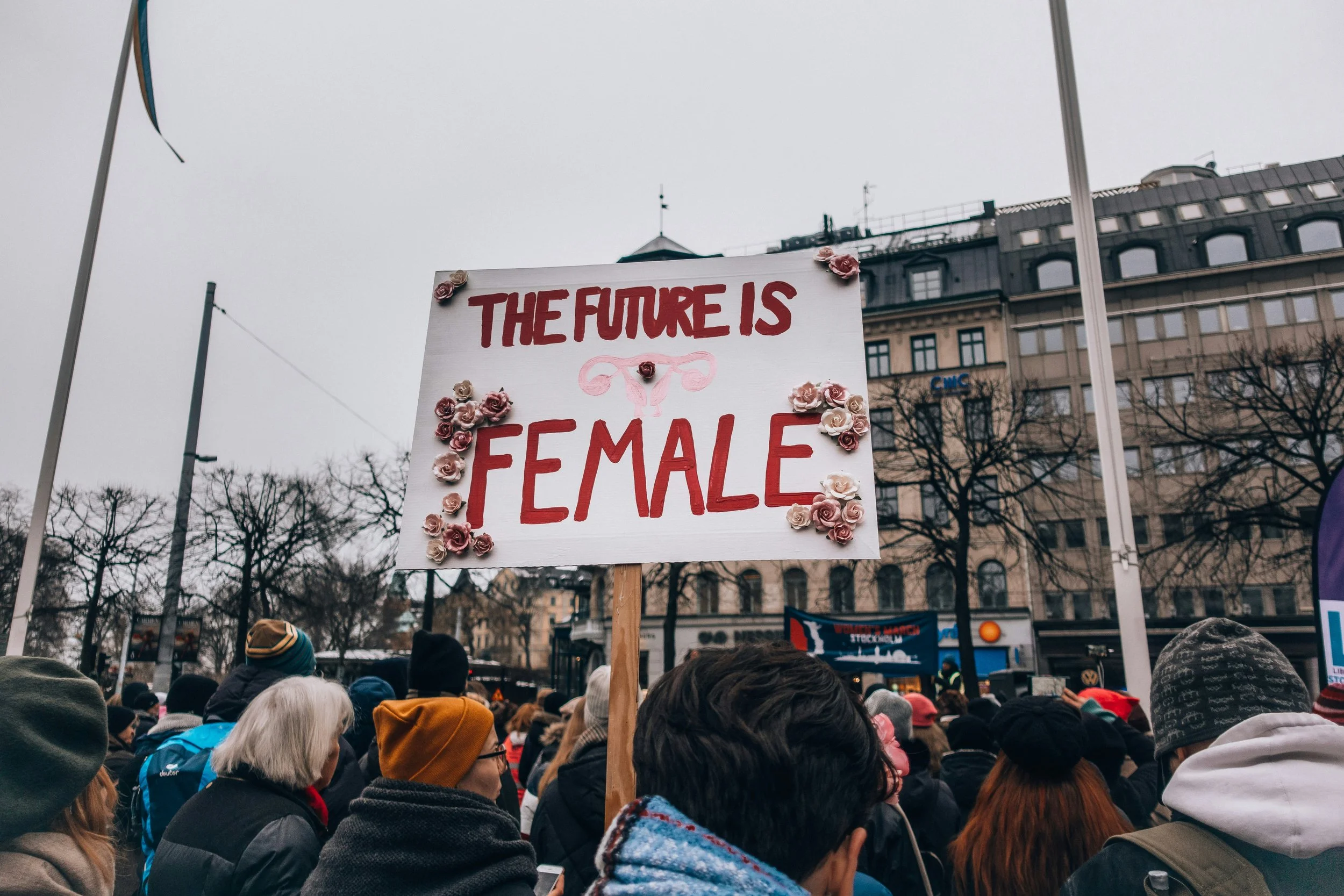To be or not to be, a feminist?
By phoebe ann brooks
Twenty-seventeen was the year of the #MeToo movement, and the year Merriam-Webster’s dictionary word of the year was “feminism”.
In January, the day after Donald Trump’s first presidential inauguration, women around the world marched in defiance.
“Feminism” searches spiked online throughout the year, generating a 70% increase for the dictionary.
The rise of feminism led to a renaissance of liberal thinking and political activism.
The first-wave of feminism began in the 1800's when the Women’s Social and Political Union (WSPU) wanted the right for women to vote.
The second-wave came throughout the 60s and 70s. Women fought for access to healthcare - such as the contraceptive pill - and access to fair work opportunities, and acknowledgement of sexual harassment.
A third-wave emerged in the 90’s and brought with it the idea of intersectional feminism, which takes into account the different ways a person may experience discrimination.
In 2012, fourth-wave feminism was born. This iteration of feminism was characterised by the focus on female empowerment, intersectionality, and digital activism.
Credit Natalie Hua via Unsplash
However, now in 2025, there is a growing feeling of abandonment to fourth-wave feminism, amid sloganeering, performative action and tokenism, and in-fighting on who should, and what should, be included under the feminist agenda.
Today, feminism feels like a fragile echo of its former self.
In the US, Roe v Wade was overturned, in the UK religious freedom loopholes threaten Abortion Safe Access Zones.
Today, one in six teenage boys have a positive view of Andrew Tate even whilst being under investigation for human trafficking.
Wayne Couzens - with a history of violence against women - was given a position in the police which allowed him to rape and murder Sarah Everard. In March 2023, a victim of rape was called a slut by a 999 operator.
Donald Trump, a convicted felon and long-time misogynist 0nce again sits in the White House.
So much of fourth-wave feminism, as Hadley Freeman wrote for The Times, “was based on individual women’s experiences rather than collective change”.
“It led to women seeing validation of their experiences as their feminist right…[women] insisting that everything they did was a feminist form of self-empowerment, because they chose to do it.”
Feminism has found itself a victim of its own rhetoric. To question a woman was to risk being slammed as a bad feminist.
Born from this confusion, of what could be questioned and what couldn’t, feminism has lost its shape.
For some, they no longer know what it means to be a feminist.
For some, to be a feminist is to be a TERF, a Trans Exclusionary Radical Feminist.
To others it is to practise ‘white feminism’, to overshadow the struggle of those from marginalised groups with western standards and ideals.
For others, to be a feminist is to simply hate men.
Today, to be a feminist can be controversial.
But ultimately, to be a feminist is to recognise and stand up for people to have the right to choose how they want to live their lives - no matter their gender, race, class, or sexuality.
In its purest form feminism is a reaction against the patriarchy. It is liberation and freedom.
Feminism is for everybody.

